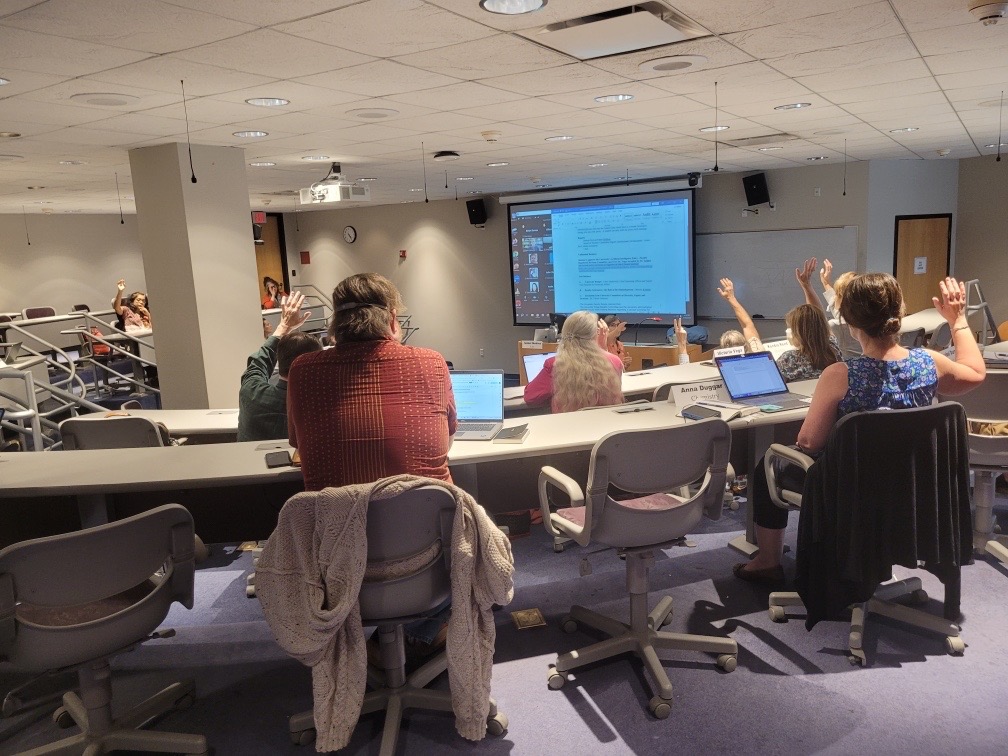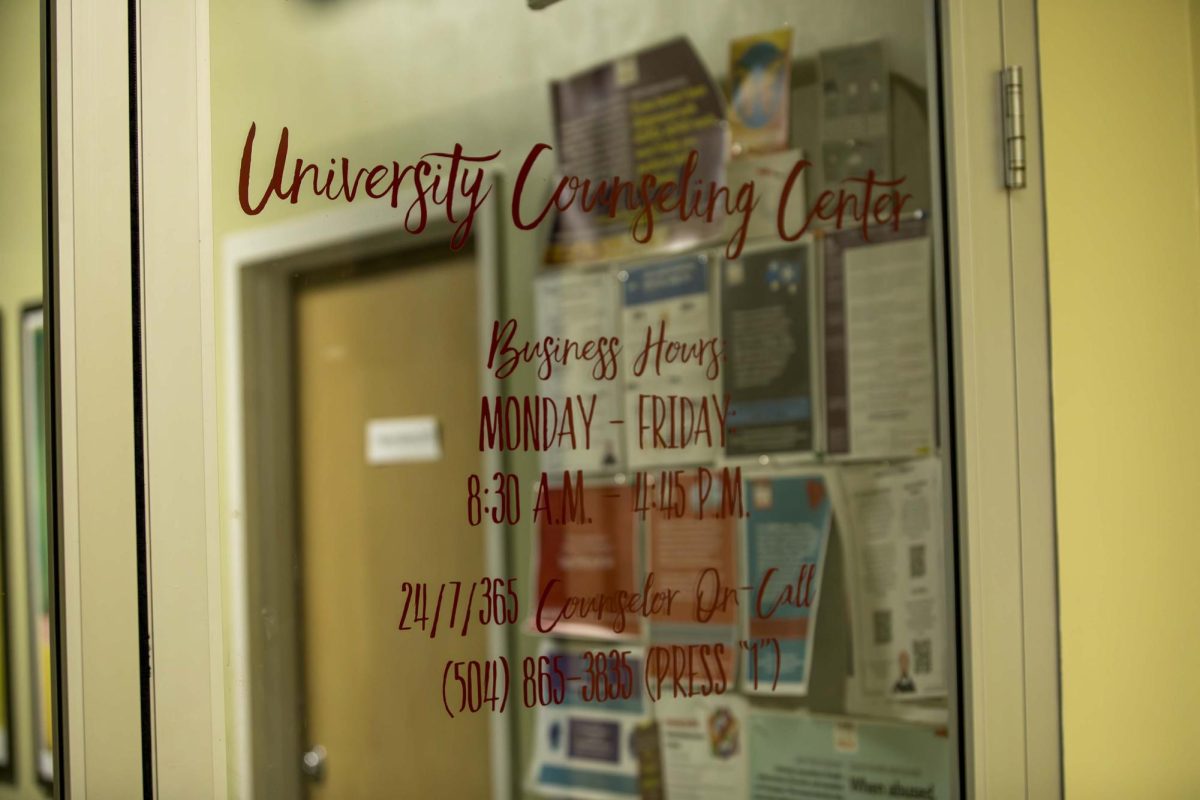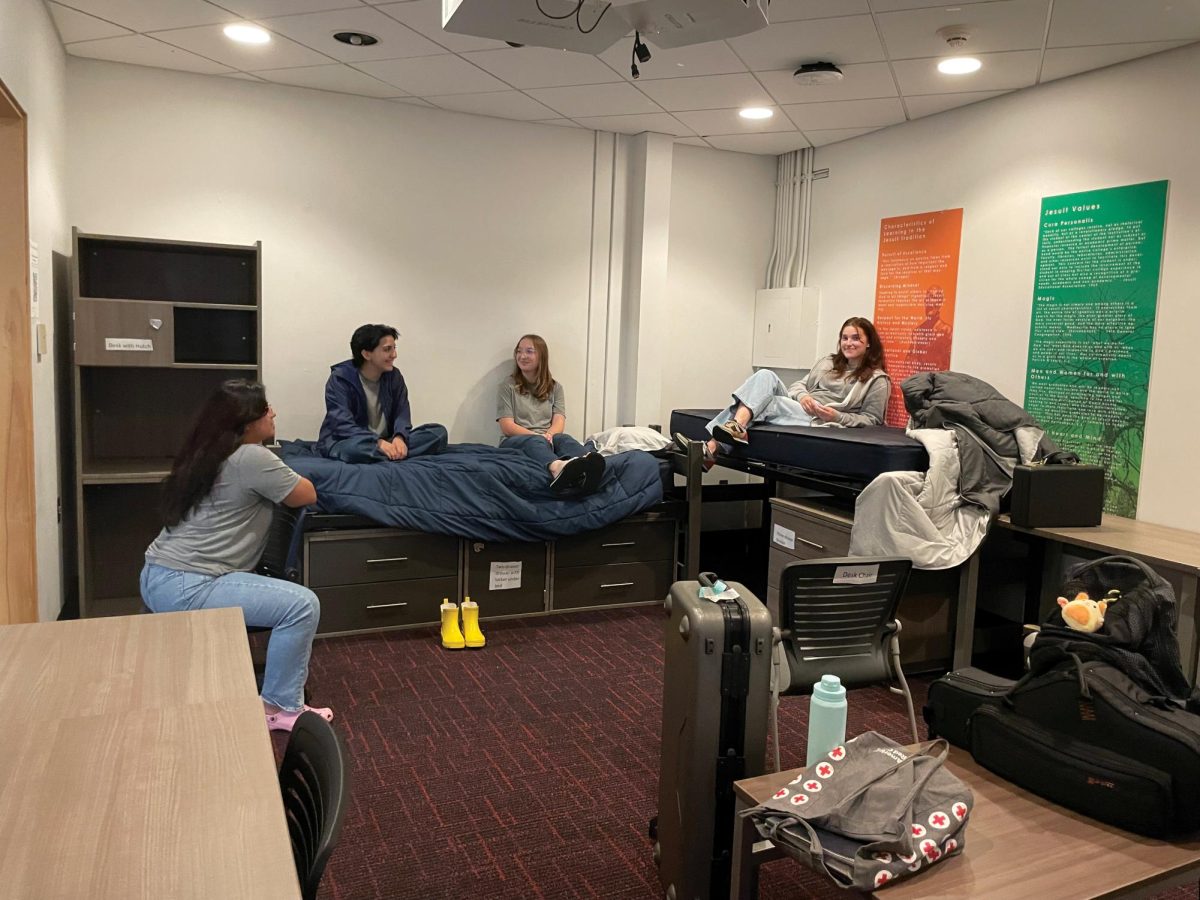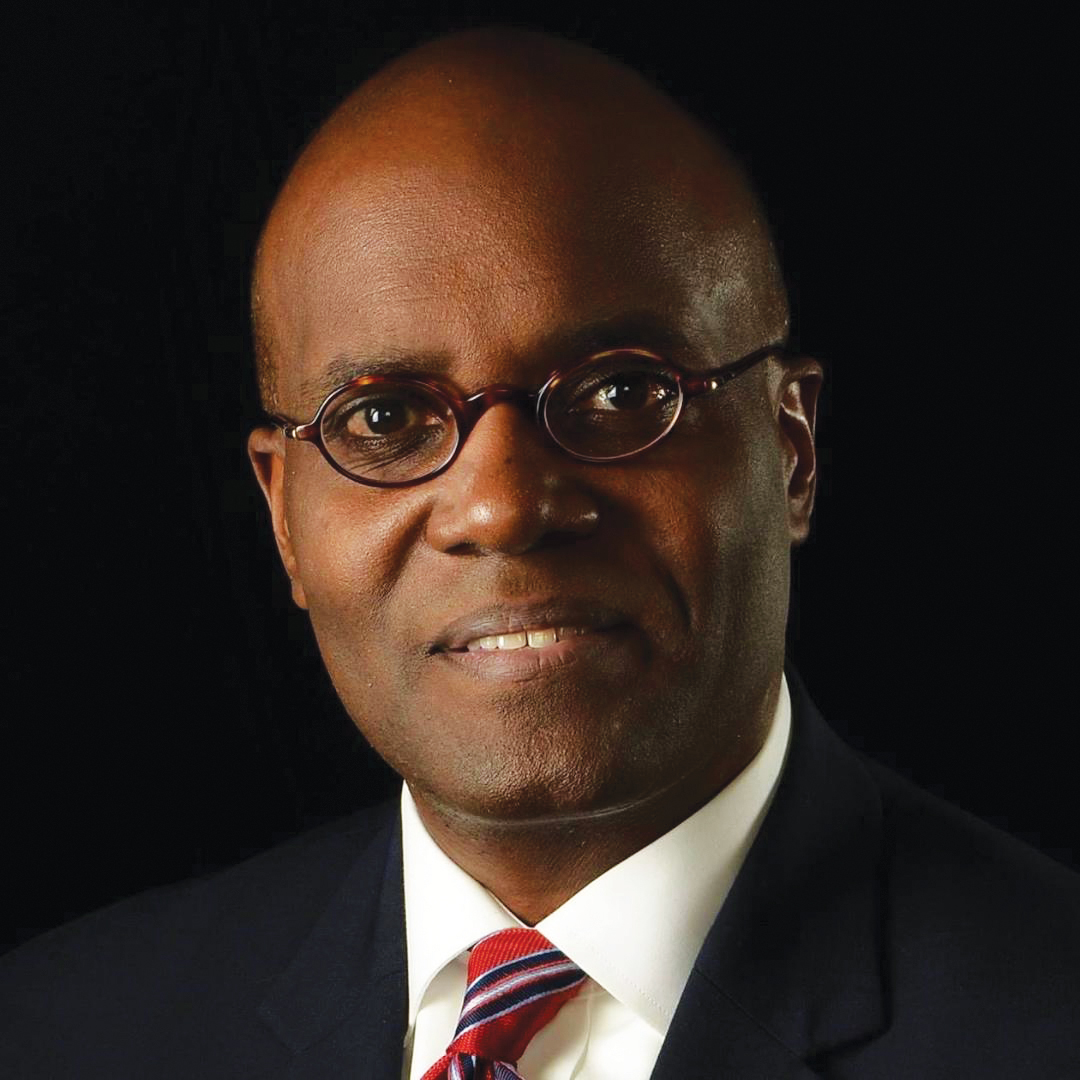The Conflict of Interest Policy was transformed from vague guidelines consisting of about half a page of information to a more detailed, four-page policy.
According to former Vice Provost George Capowich, grant auditors conducted a preliminary audit of the university in late 2009before grants they were looking at ended. During the process, they informed the university that the Conflict of Interest Policy was considered brief and not up to the auditors’ standards.
This is the policy that deals with the possibility of relationships that may arise between faculty or staff members and businesses that the university has relations with.
As the overseer of the Office of Grants and Sponsored Programs, Capowich was put in charge of creating a more detailed policy. According to Capowich, the revision required a detailed process.
“First we convened a working group of people from the Grants, Academic Affairs and Finance offices and our general council, which included a lawyer,” Capowich said. “We then, as a group, researched other schools’ conflict of interest policies and drafted something that was designed to meet legal and technical requirements.”
According to Capowich, this group developed the draft, followed by a second group that revised the draft and reviewed the procedures that would be used to monitor and resolve potential conflicts of interest. This group consisted of faculty nominated by the University Senate committee and college deans.
After, the group asked the University Senate, with the consideration of deans, to nominate faculty members to assist Capowich in finalizing the revision.
“The end result was a much more comprehensive policy with eight or nine pages of information, as opposed to the one-page policy that was in place before,” Capowich said.
The policy’s main objective is to acknowledge any faculty or staff members’ financial interests in any groups or companies that conduct business with the university. Anyone who has an interest, or has an immediate family member who does, is responsible for disclosing it.
As of this semester, there is an annual procedure that must be followed.
The Department of Human Resources sends out a form that all faculty and staff must fill out informing the department of any involvement with companies that conduct business with Loyola.
“In order to identify and review conflicts of interest or the appearance of conflicts of interest, all faculty, staff, officers and administrators are required to disclose any business or financial relationship they, or members of their families, have or propose to have with the university,” said Ross Matthews, Human Resources director.
This form is available through the employee services website, Matthews said.
If a member does have some sort of connection, it does not necessarily mean the university must end ties with the business, Capowich said. Instead, the disclosure is sent to the oversight committee, and committee members review it. If they decide there is a conflict, then the committee meets with the faculty or staff member to figure out a resolution.
“The most common resolution would be that that person could not have any role in making a financial decision that involves the entity that they have an interest in,” Capowich said. “They would simply be removed from the decision-making processes.”
Faculty and staff are responsible for updating their forms if there are any changes during an academic year. Overall, members do not seem to find an issue with the policy change.
“I understand the need for such a policy, particularly as it relates to grant requirements, and found it to be reasonable,” said Bret Jacobs, chairman of Administrative Senate and vice provost for Information Technology.
The revision process took approximately one year to complete. It was then brought to Ed Kvet, provost and vice president of Academic Affairs, who took it to the university and administrative senates for review and approval.
“The overall purpose of the policy is to ensure that any conflicts of interest are being properly monitored and are not influencing any purchasing decisions that the university makes,” Capowich said.
J.C. Romero can be reached at [email protected]












